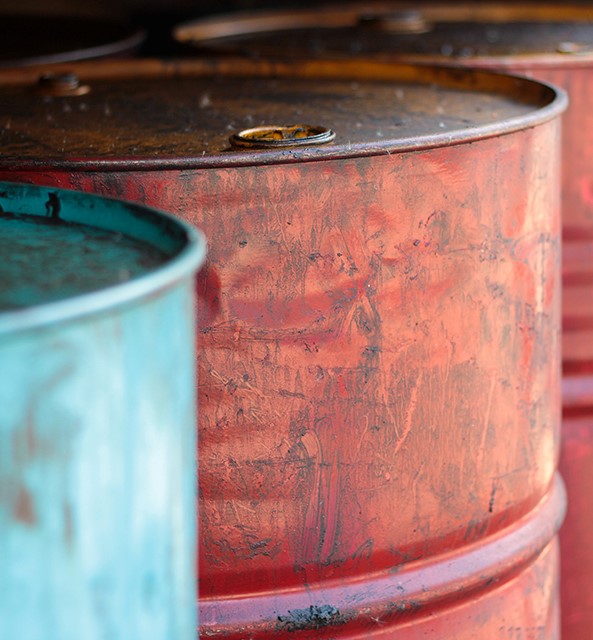Concern over the illicit exploitation of crude oil in Libya caused the U.S. Department of the Treasury, Office of Foreign Assets Control (OFAC) to issue targeted sanctions against six individuals, 24 entities, and seven vessels that were part of a network smuggling petroleum products from Libya to Europe.1 These parties were named as Specially Designated Nationals (SDNs) pursuant to Executive Order (E.O.) 13726, which was issued in April 2016 by then-President Obama. The E.O. blocks the property of any person determined to be engaged in acts that threaten the peace, security and stability of Libya, impede its political transition to a successor government, misappropriate state assets, or coerce Libyan state financial institutions or the Libyan National Oil Company.

The designated persons were found to be involved in the exploitation of crude oil and other natural resources in Libya, including the illegal production, refining, brokering, sale, purchase and export of Libyan oil. The sanctions will have the effect of freezing any property interests under U.S. jurisdiction of these individuals and entities. In response to the latest designations, OFAC stated, "Oil smuggling undermines Libya's sovereignty, fuels the black market, and contributes to further instability in the region while robbing the population of resources that are rightly theirs."2
At the time of writing, neither the UN nor the EU had matched these measures although on 13 February 2018, the UN issued a press release. In it, it was reported that on 9 February 2018, the Security Council Committee, established pursuant to UN Security Council Resolution (UNSCR) 1970 (2011) concerning Libya, had held informal consultations to consider the interim report of its Panel of Experts and possible follow-up action based on it.3 This development should be monitored.
